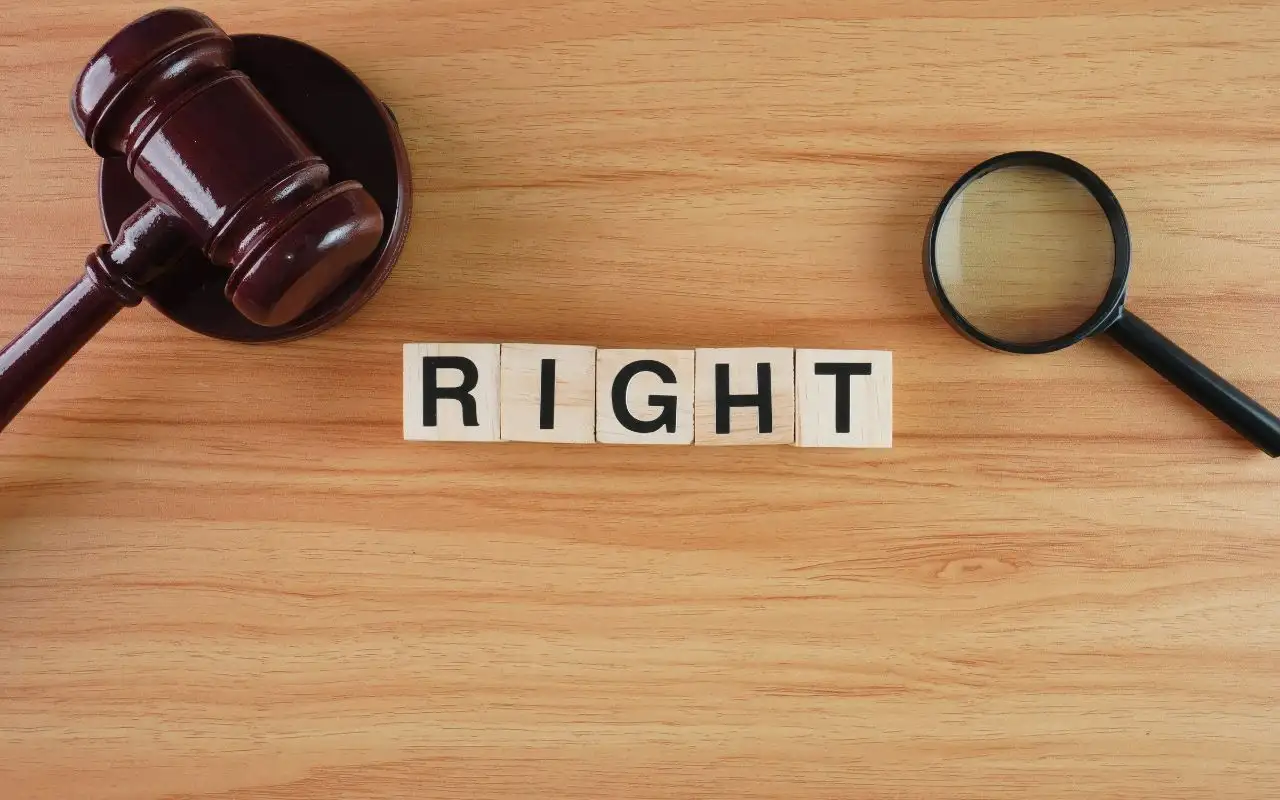Through my research on the SASSA, I’ve realized that many grant beneficiaries are unaware of the full extent of their legal rights.
This knowledge gap can result in missed opportunities, unfair treatment, and unnecessary delays.
As someone passionate about social justice and empowerment, I want to ensure that every SASSA recipient is informed and equipped to navigate the system effectively.
Below are the legal rights you’re entitled to as a beneficiary of Sassa grants.
Your Legal Rights as a SASSA Grant Recipient
1. Right to Apply for Grants
Every South African citizen or permanent resident who meets the eligibility criteria has the fundamental right to apply for SASSA grants.
This means you should not face discrimination or barriers based on your race, gender, disability, or any other personal attribute.
If you believe you qualify for a grant, you have the right to submit an application and have it assessed fairly.
2. Fair Treatment Right
SASSA is obligated to treat all applicants and beneficiaries with fairness and impartiality.
This encompasses equal access to information, services, and resources, regardless of your background or circumstances.
If you feel you’ve been treated unfairly, you have the right to raise your concerns and seek a resolution through the appropriate channels.
3. Right to Dignity and Respect
Your dignity and respect are paramount throughout the application and beneficiary process.
SASSA officials should treat you with courtesy and consideration, ensuring that your interactions are conducted in a manner that upholds your self-worth.
This includes addressing your concerns promptly and providing assistance in a way that respects your privacy and confidentiality.
4. Right to Confidentiality and Privacy
SASSA is legally bound to protect the confidentiality and privacy of your personal information.
This means your details should not be disclosed to unauthorized parties without your consent.
You have the right to access your personal records and request corrections if you find any inaccuracies.
Safeguarding your privacy is essential for maintaining trust in the system.
5. Right to Clear Information
You have the right to receive clear and comprehensive information about the various SASSA grants, eligibility requirements, application procedures, and payment processes.
This information should be readily available in languages you understand and accessible through different channels, such as SASSA offices, websites, and helplines.
Transparent communication ensures you can make informed decisions about your financial well-being.
6. Timely Processing of Applications
SASSA aims to process grant applications in a timely manner.
While there may be unavoidable delays due to various factors, you have the right to be informed about the status of your application and any potential reasons for delays.
Unreasonable processing times can be addressed through formal channels, including escalation to higher authorities if necessary.
7. Right to Appeal Decisions
If your grant application is rejected or you disagree with a decision made by SASSA, you have the right to appeal.
The appeals process allows you to present your case, provide additional information, and request a review of the decision.
Understanding the appeals procedure and your rights during this process is crucial for ensuring your voice is heard.
8. Appeal Rights
If your SASSA grant application is rejected or terminated, or if you disagree with any decision regarding your grant, you have the right to appeal.
This process involves submitting a formal request for review, and providing additional information or evidence to support your case.
SASSA is obligated to consider your appeal fairly and inform you of the outcome in a timely manner.
Don’t hesitate to exercise this right if you believe an error has been made.
9. Notification of Policy Changes
SASSA may periodically update its policies and regulations.
As a beneficiary, you have the right to be informed about any changes that could affect your grant eligibility or payment.
These notifications should be communicated clearly and accessible, ensuring you’re aware of any adjustments you need to make or actions you need to take to maintain your benefits.
10. Timely Grant Payments
SASSA strives to make grant payments on time, usually on specific dates each month.
You have the right to receive your grant payment promptly and without undue delay.
If you experience consistent late payments or irregularities, you can report the issue to SASSA and seek a resolution.
Timely payments are essential for meeting your basic needs and managing your finances.
11. Safe Access to Paypoints
SASSA aims to provide safe and accessible paypoints where you can collect your grant.
These locations should be conveniently located and equipped to accommodate individuals with disabilities.
You have the right to a secure and dignified experience when collecting your grant.
If you encounter safety concerns or accessibility issues at a paypoint, report them to SASSA for appropriate action.
12. Right to Lodge Complaints
If you have concerns about the service you receive from SASSA, the conduct of its officials, or any aspect of the grant process, you have the right to lodge a complaint.
Complaints can be made through various channels, such as visiting a SASSA office, calling the helpline, or using online platforms.
Your complaints should be taken seriously and investigated promptly, and you should receive feedback on the outcome.
13. Eligibility Rights
SASSA grants are designed to assist specific groups of vulnerable individuals, such as older persons, people with disabilities, and children.
Your eligibility for a grant depends on meeting certain criteria, such as age, income level, and disability status.
If you believe you qualify for a grant, you have the right to apply and have your application assessed fairly based on the established eligibility requirements.
14. Racial Rights
South Africa’s Constitution prohibits discrimination based on race, and this applies to all aspects of life, including access to social assistance.
As a SASSA grant beneficiary, you have the right to be treated equally regardless of your race.
If you experience any form of racial discrimination during your interactions with SASSA, you can report it and seek redress through the appropriate channels.

